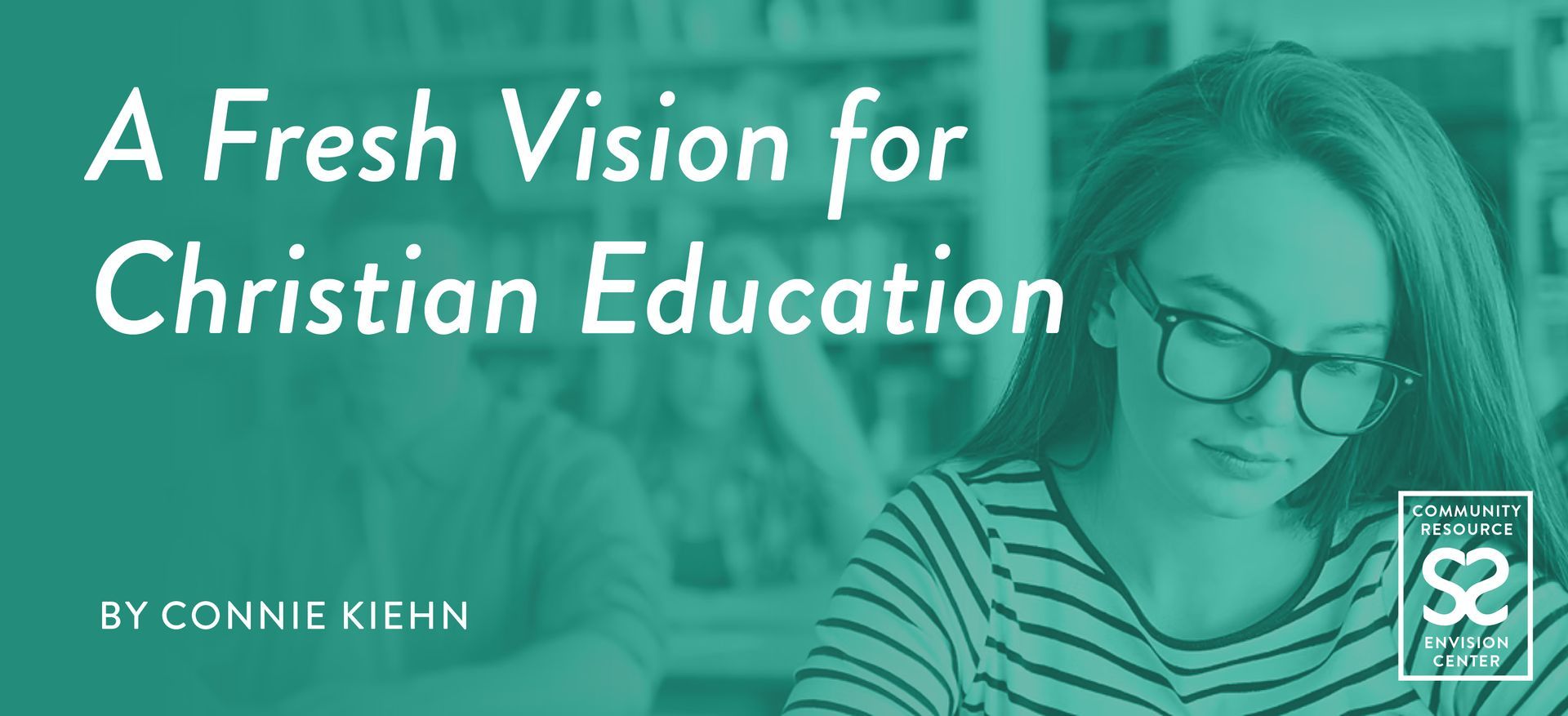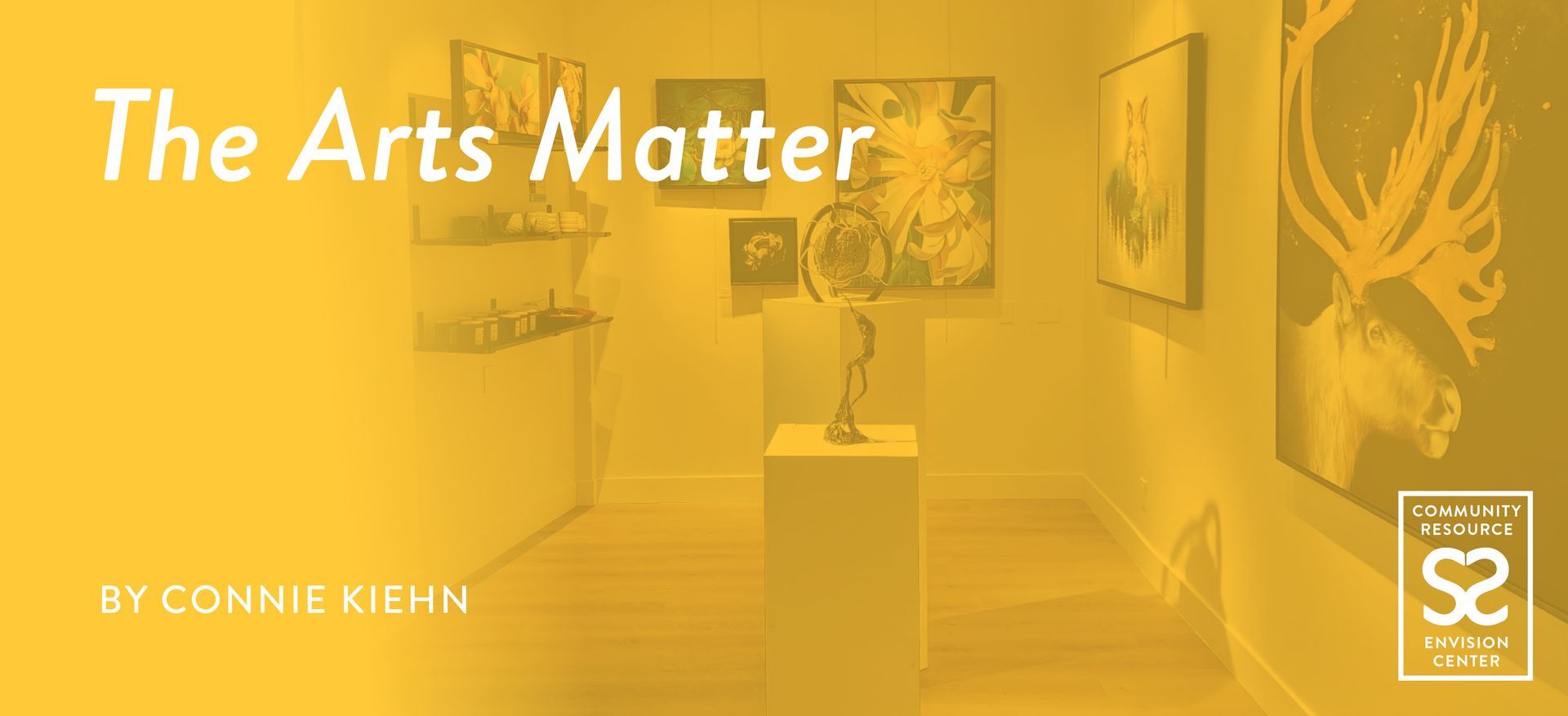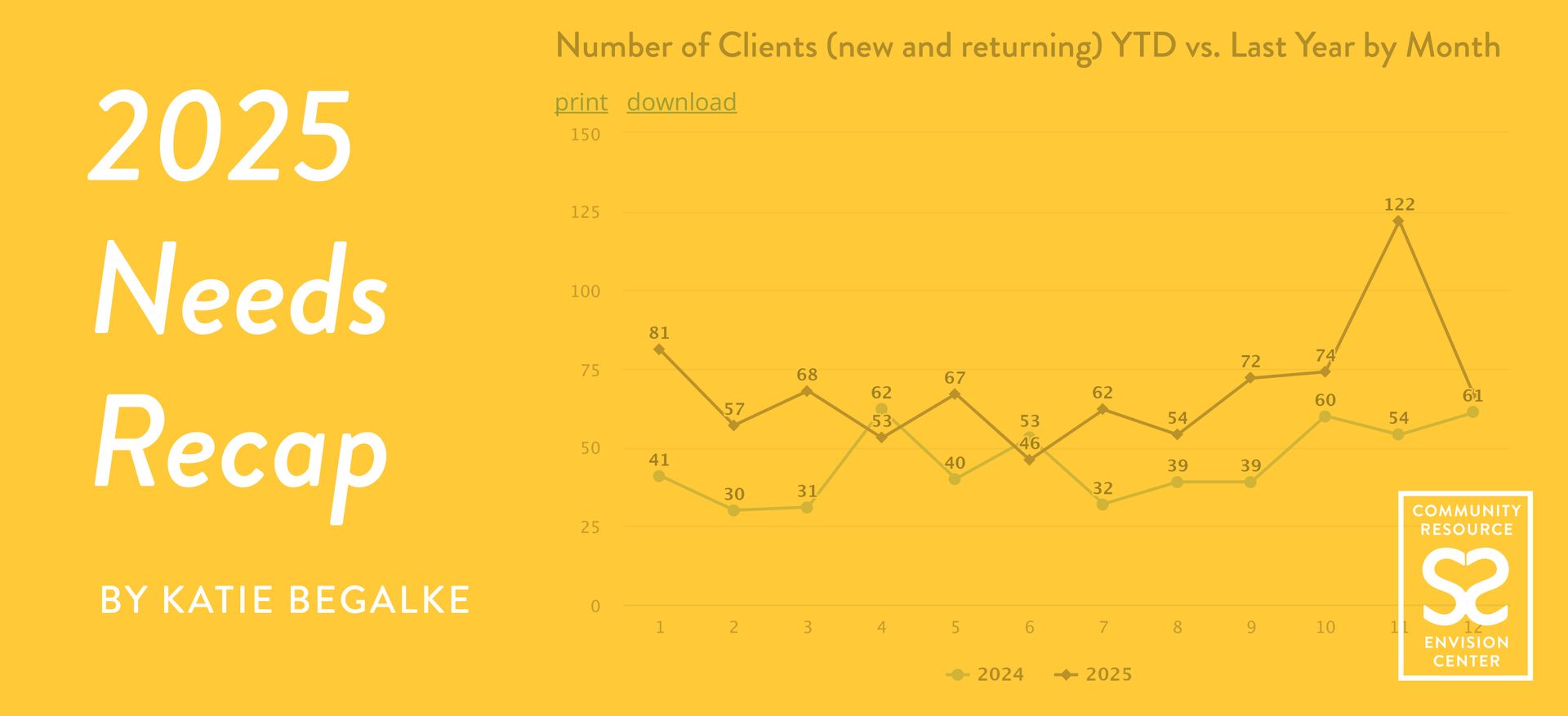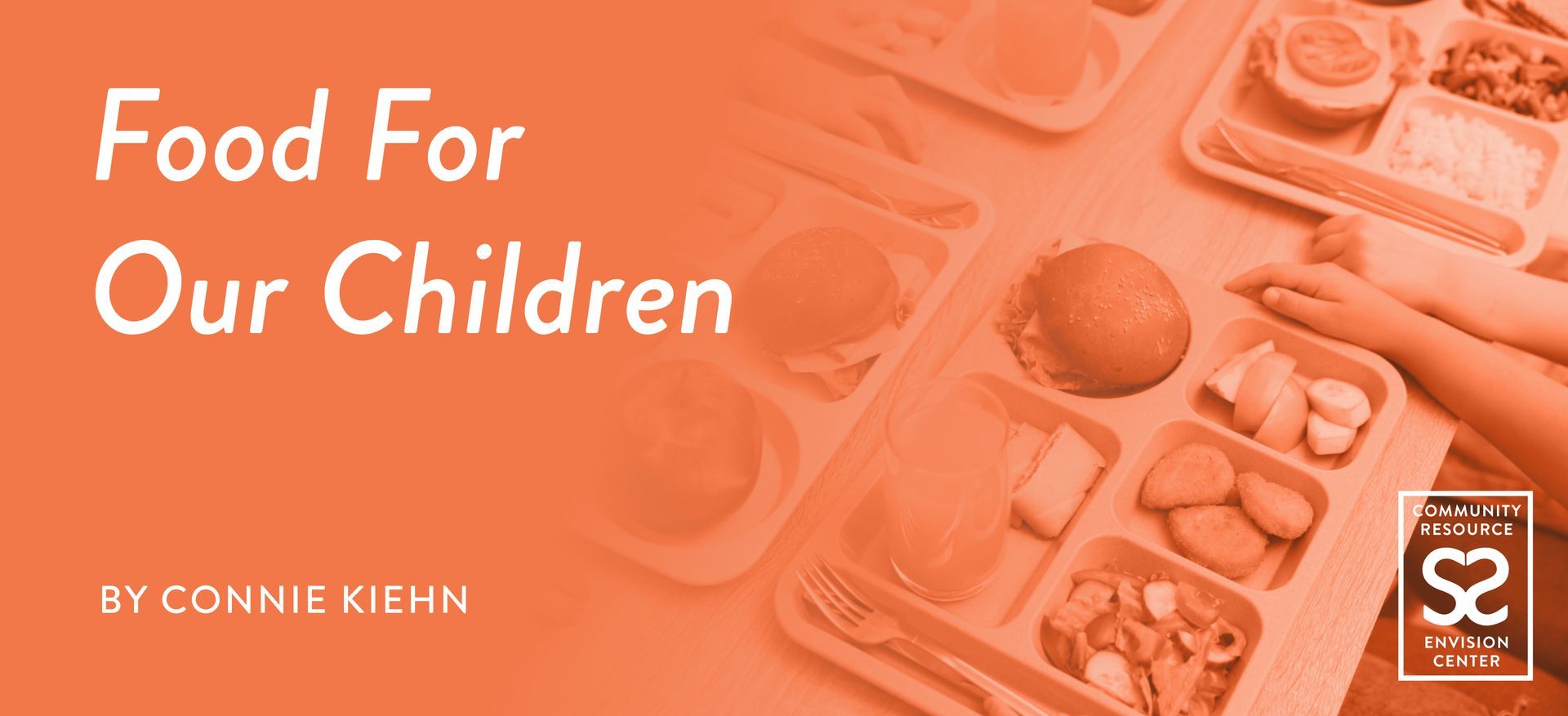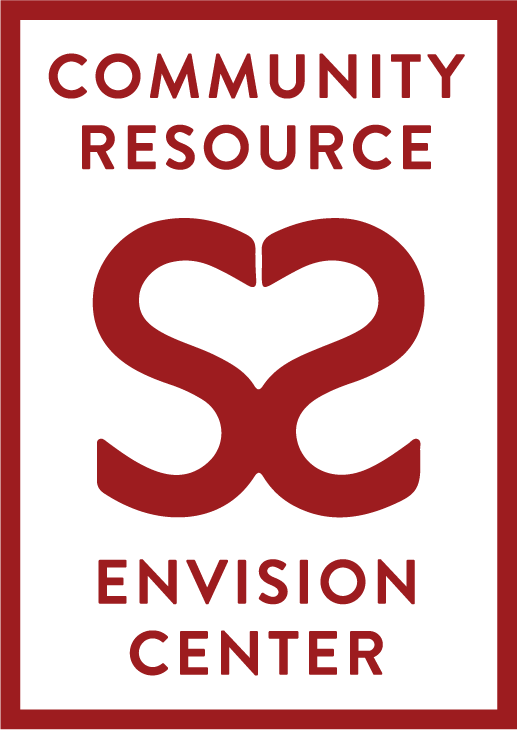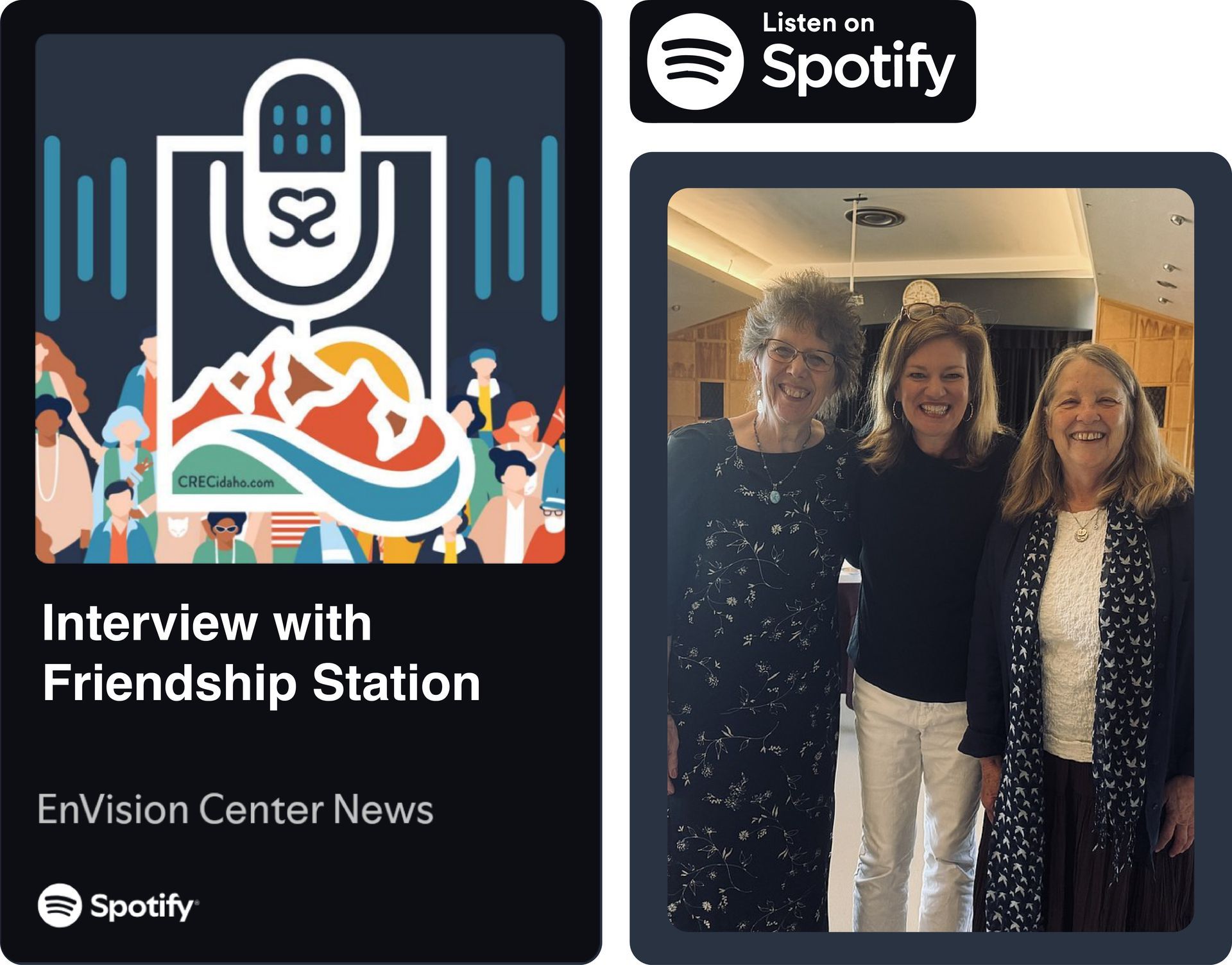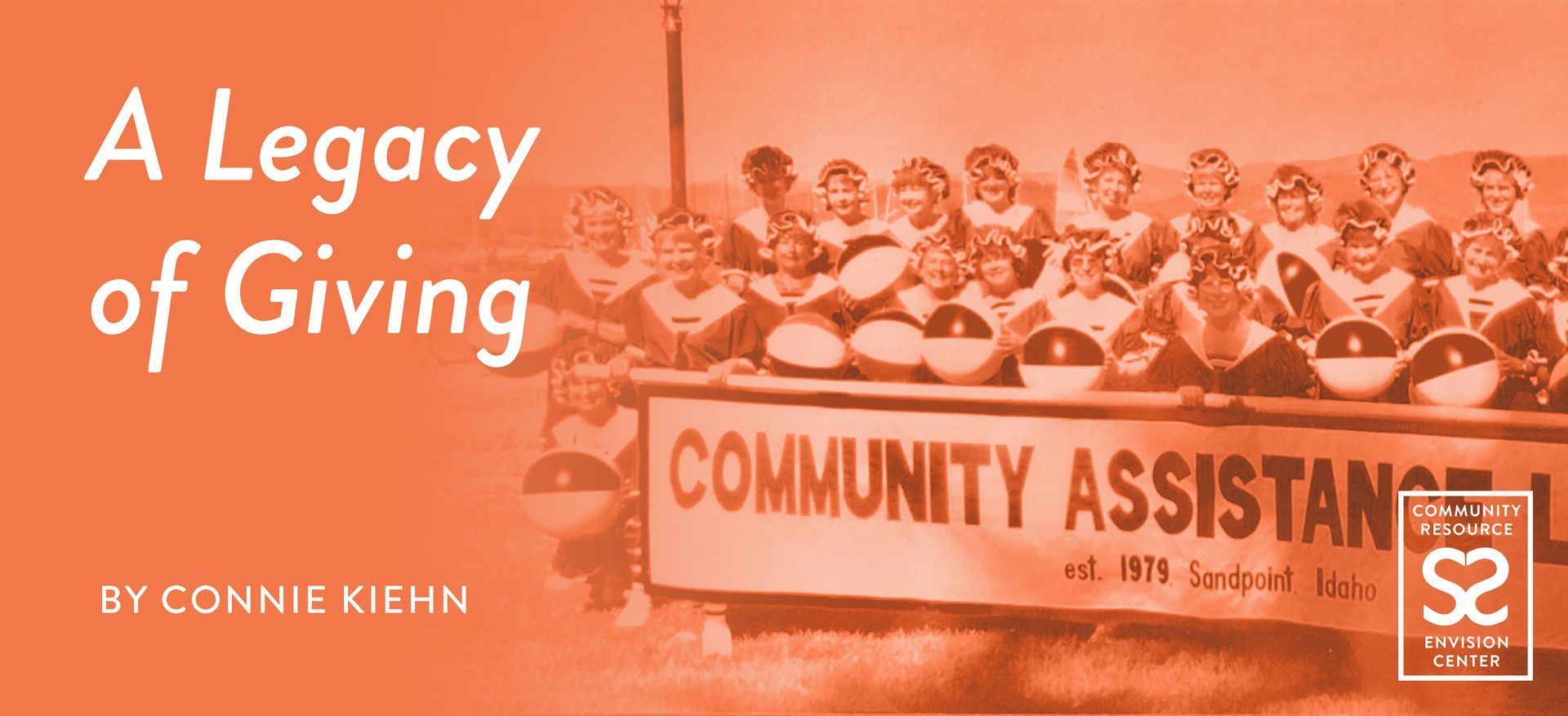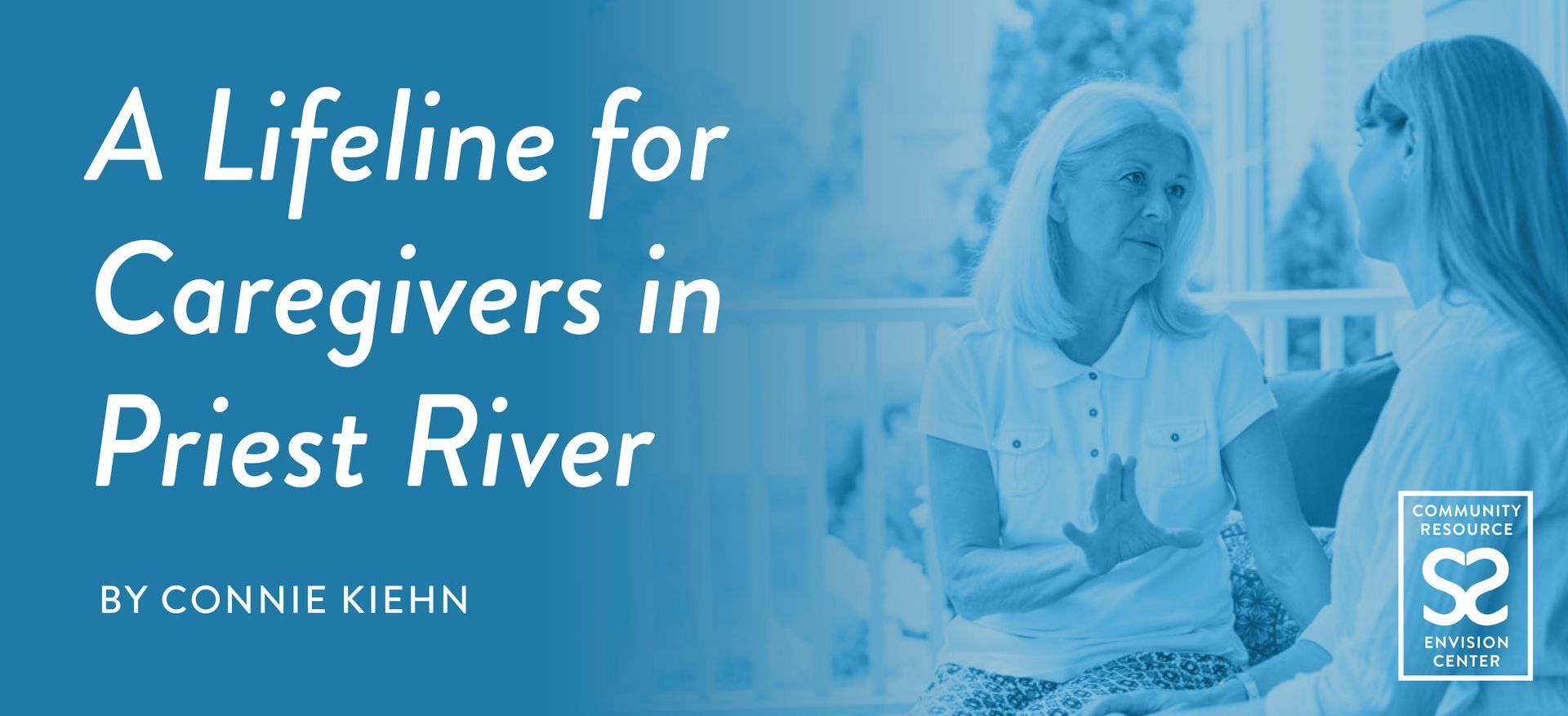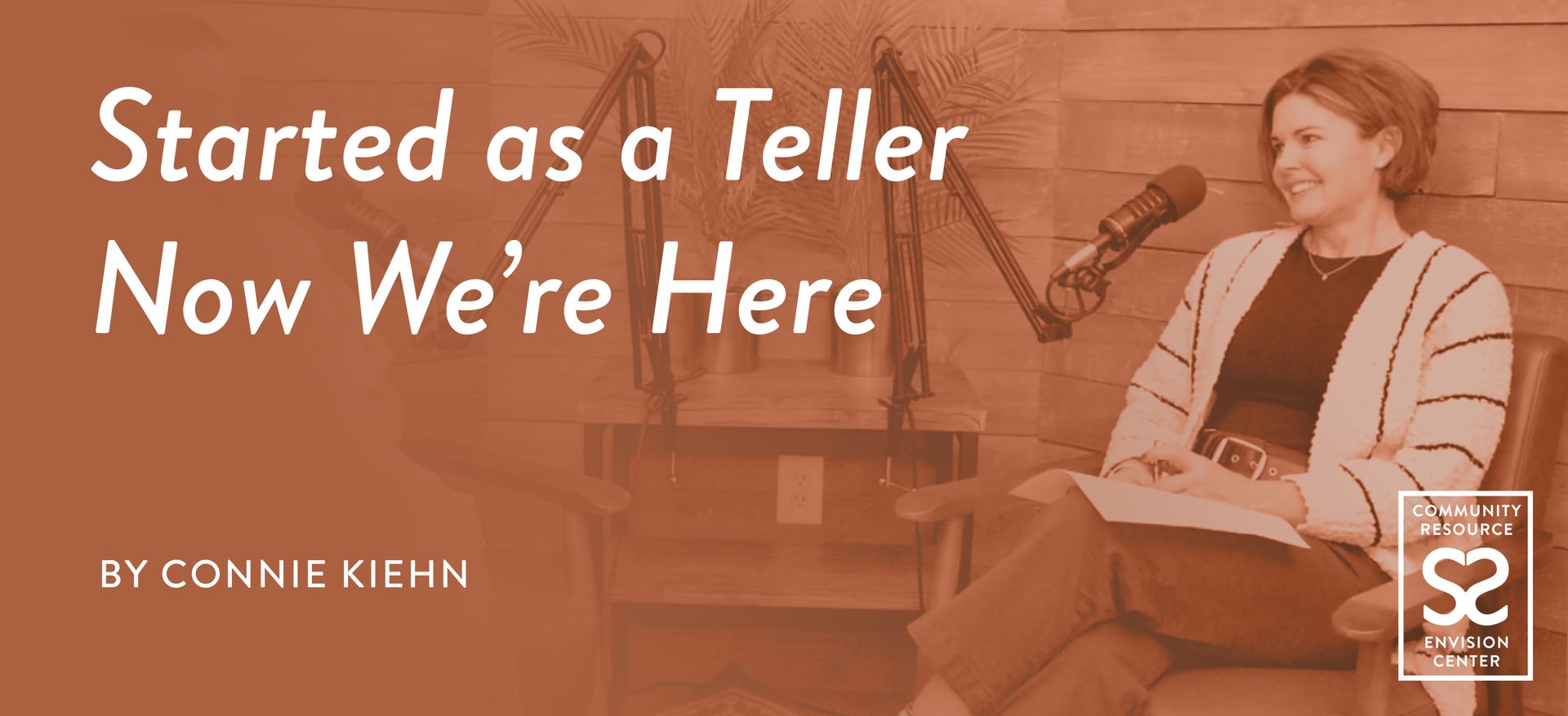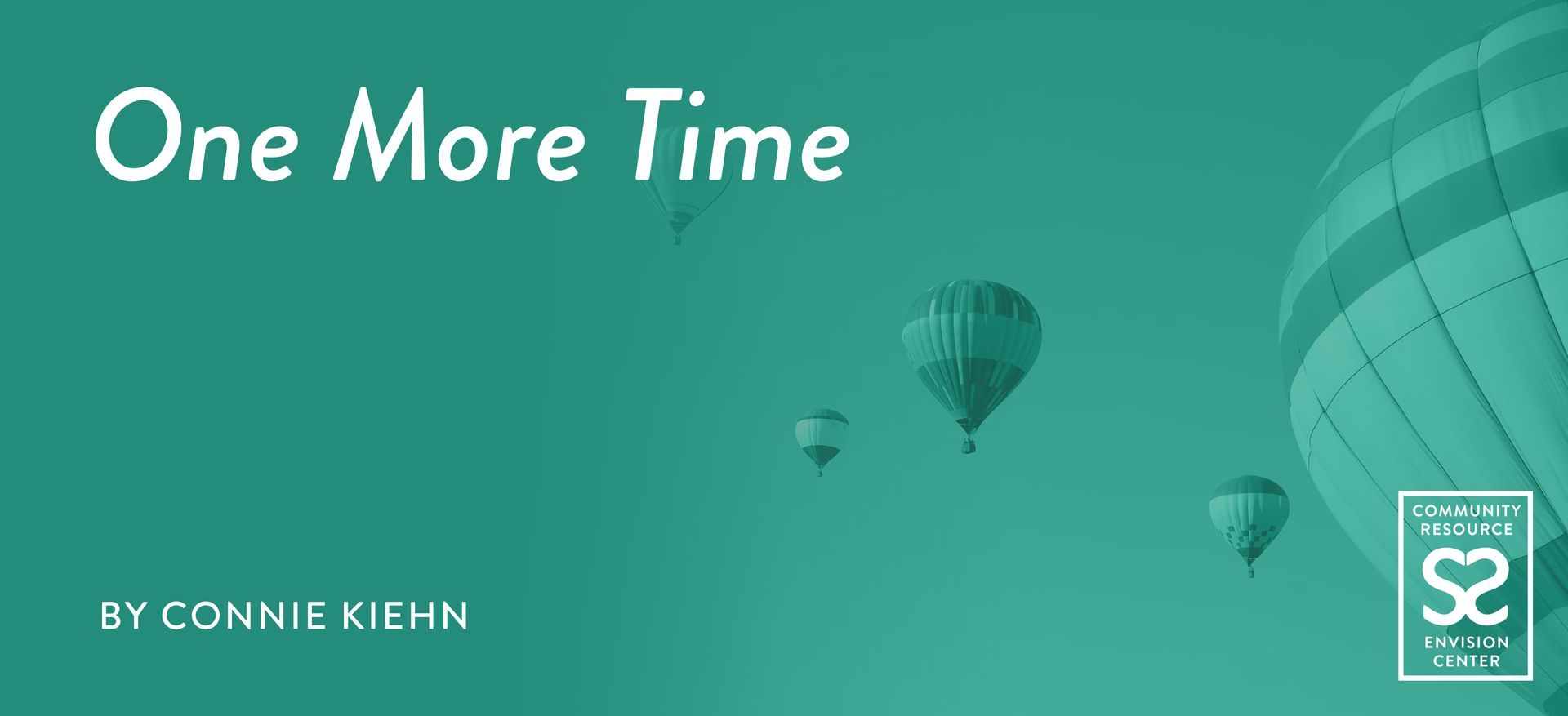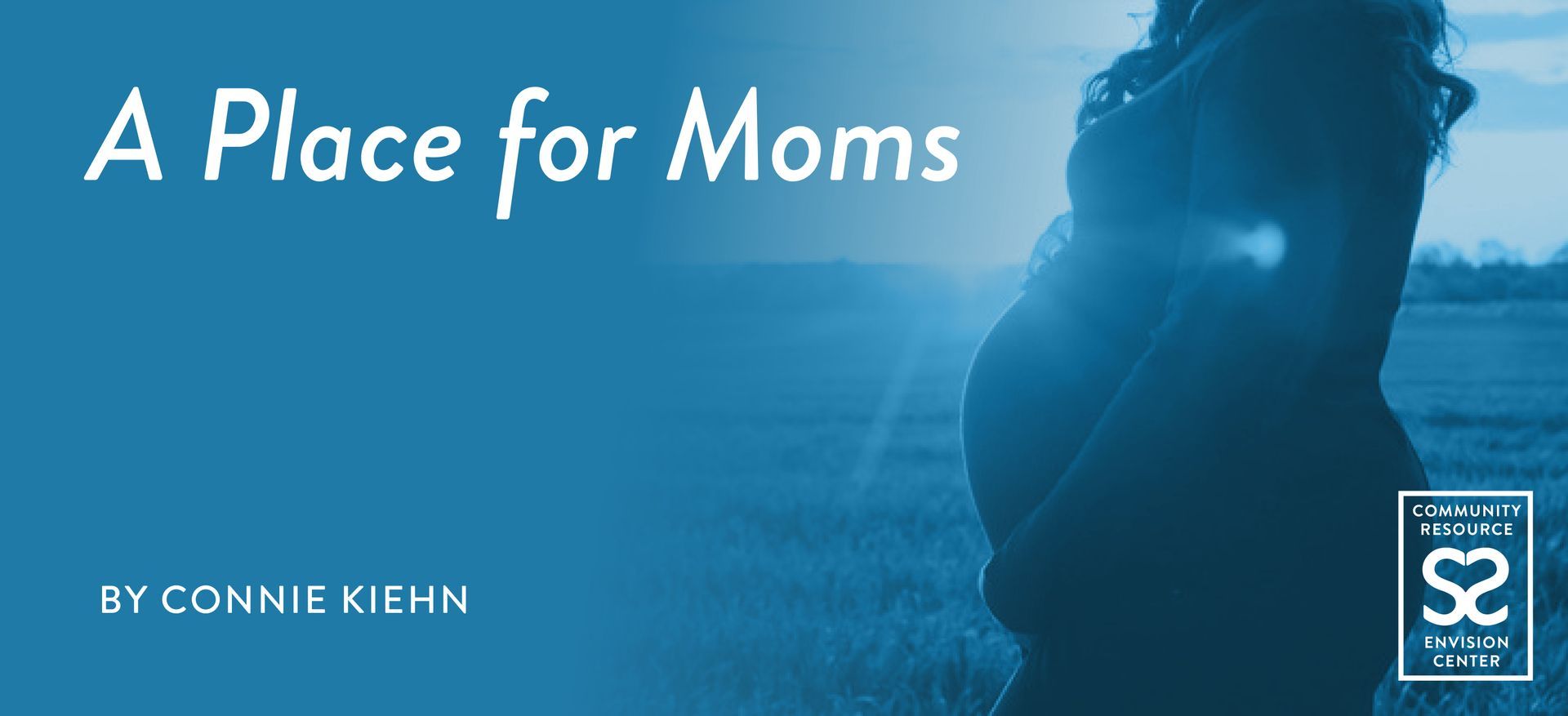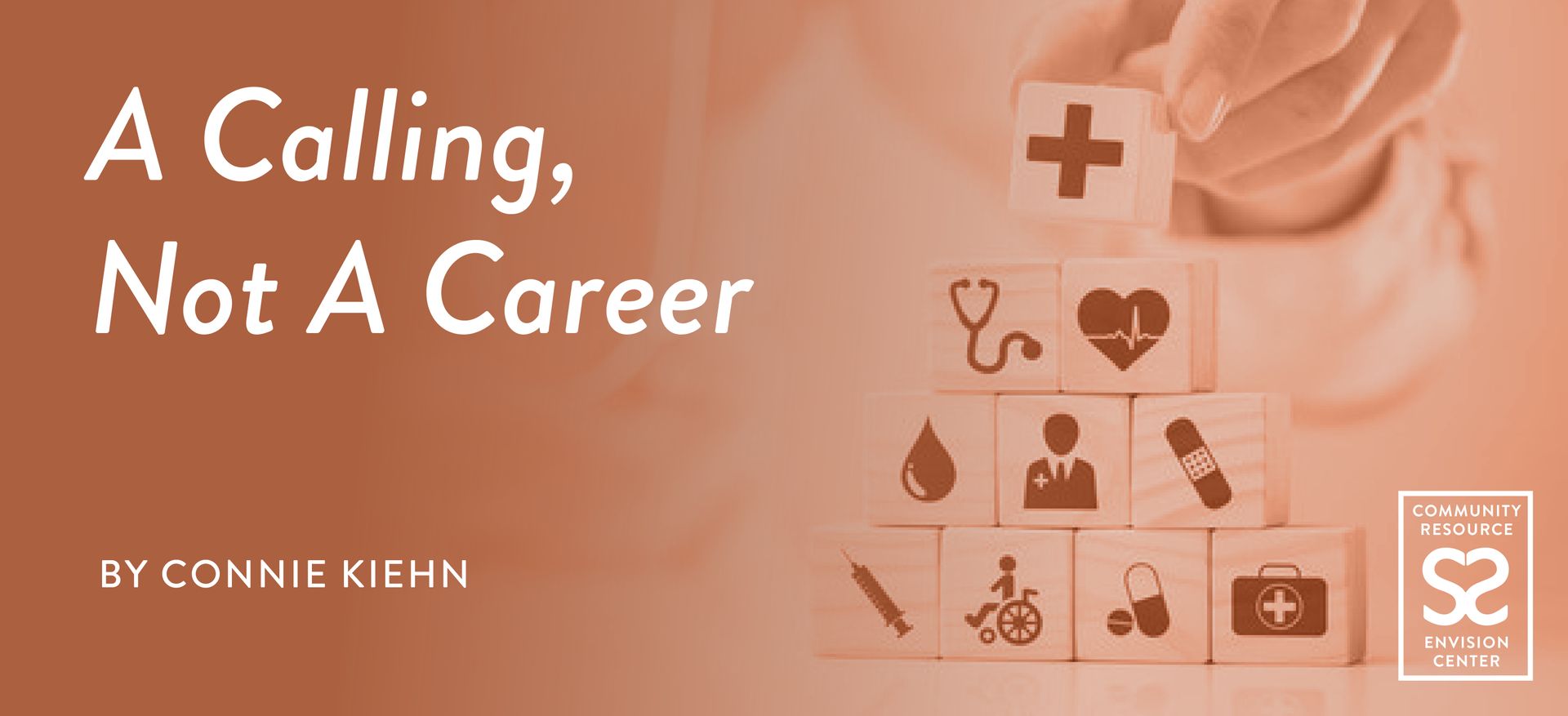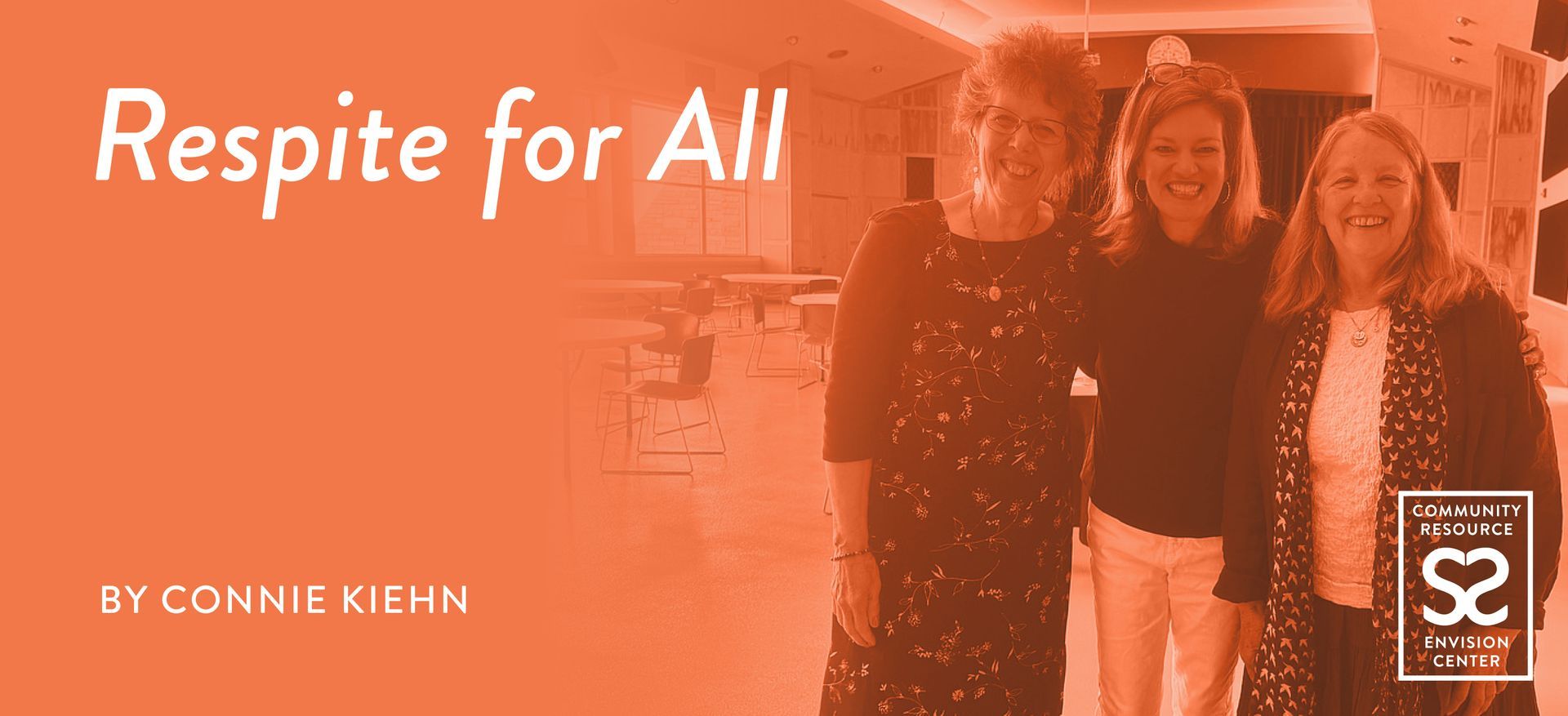
Benjamin Franklin once famously wrote, “In this world nothing can be said to be certain, except death and taxes.” At a minimum, all of us end up paying at least sales tax. I’m not sure what kind of nonprofit support exists to offset that reality, but when it comes to the other certainty, end-of-life care, there is relief out there for families. Especially for those walking the long road of caregiving for someone at the end of their earthly journey. The brand new Friendship Station in Sandpoint is designed to offer respite, connection, and meaningful support.
Friendship Station is more than a respite homebase; it's also a kind of movement. It’s a practical, local response to one of the most pressing challenges most of us end up facing: caring for loved ones with dementia, brain changes, or complex cognitive needs.
Friendship Station emerged following the closure of the Daybreak Center, Sandpoint’s only adult respite program in May 2024, a loss that left a significant gap for dozens of local families. In response, two caregivers with direct, personal experience, in both receiving and providing respite and end-of-life care stepped forward: Elissabeth DeFreitas and Denise “Deni” Williamson.
They are on a mission to fill that gap. This initiative is built not just on research or passion, but on lived experience. These women didn’t learn about caregiving from a book, they lived it for years.
Deni spent years caring for her highly intelligent husband as she witnessed his mental decline, ultimately supporting him through a dignified end-of-life journey.
“I never wanted this gift,” Deni laughs. “But now I want to share it. I cared for my husband for 10 years. He went from a brilliant, capable teacher and pastor to someone who couldn’t be left alone for even a minute, day or night.”
Friendship Station is a local expression of the national Respite for All movement. The intention being to support caregivers, many of whom are unpaid, unsupported, and carrying enormous emotional and physical burdens alone. Friendship Station is hosted at Sandpoint United Methodist Church, but it’s not a religious program, it’s a community initiative with a spiritual heart. It’s a social model, not a medical one, no doctors or diagnoses required. And here’s the beauty: no one wears a label. You may not even know who’s a volunteer and who’s a participant. Everyone contributes something. Everyone receives something.
Friendship Station is a safe, welcoming space where caregivers and care partners can reserve four hours of meaningful respite. This is not a drop-off program—instead, it's a scheduled time where loved ones engage in connection, fellowship, and fun in a nurturing environment. While their loved one enjoys enriching activities at Sandpoint Friendship Station, caregivers have the opportunity to rest, run errands, or simply take a moment for themselves.
“There are over 73,000 unpaid caregivers in Idaho,” Elissabeth shares. “Many don’t know where to turn. Some don’t even identify as caregivers. They’re just doing what needs to be done.”
Friendship Station wants to change that. The team has partnered with Jan Griffith, a local caregiving coach who leads dementia caregiver support groups every first and third Thursday at 1 PM at Marigold Café.
What makes Friendship Station so effective is that it focuses on relationship over routine. It doesn’t ask, “What can’t you do?” but rather, “What lights you up?” Everyone, caregivers, volunteers, friends, benefits from the simplicity of being present.
“It’s a place where we don’t fix, we just are. That alone is healing,” says Elissabeth.
Friendship Station hopes to open its doors in mid to late September. Meals will be provided through a partnership with the Sandpoint Senior Center, and programming will run once a week to start.
“I used to think my caregiving years were distractions, from my career, my calling, my purpose. But now I know: they’ve been the most important parts of my life,” reflects Deni.
That’s what Friendship Station is about: dignity, purpose, love. For the one who needs care. For the one who gives it. And for the community that surrounds them all.
Caregiving isn’t something that happens
over there. It’s happening all around us. And together, we can build a community where no one walks it alone.
